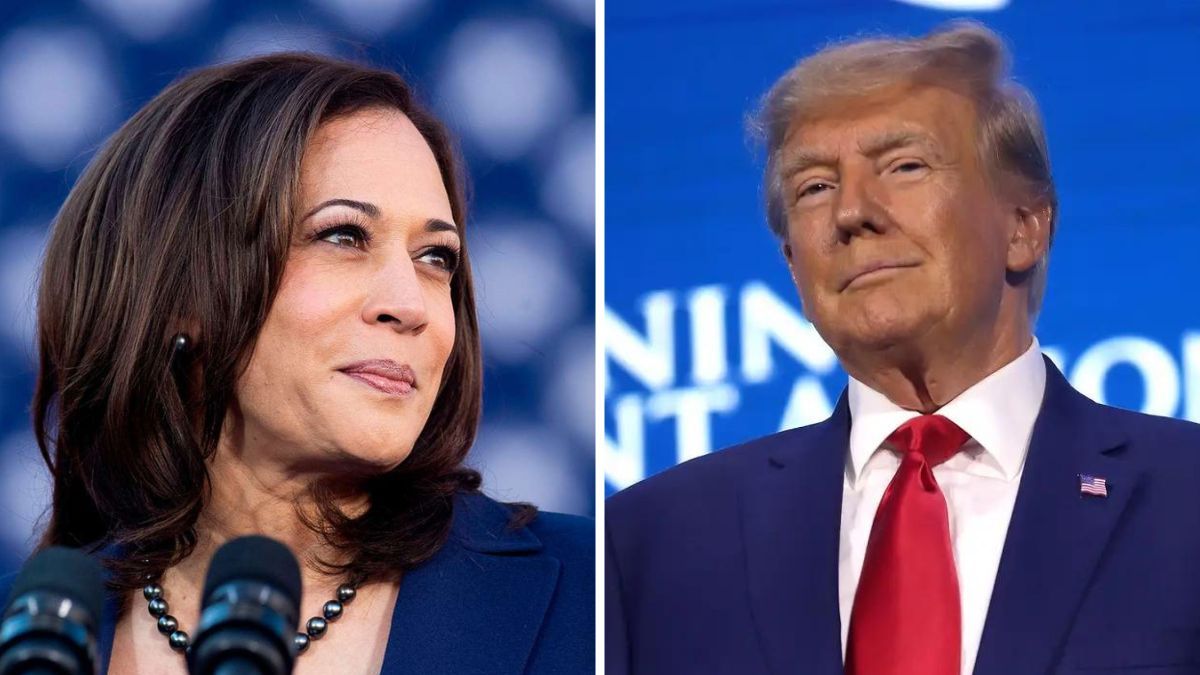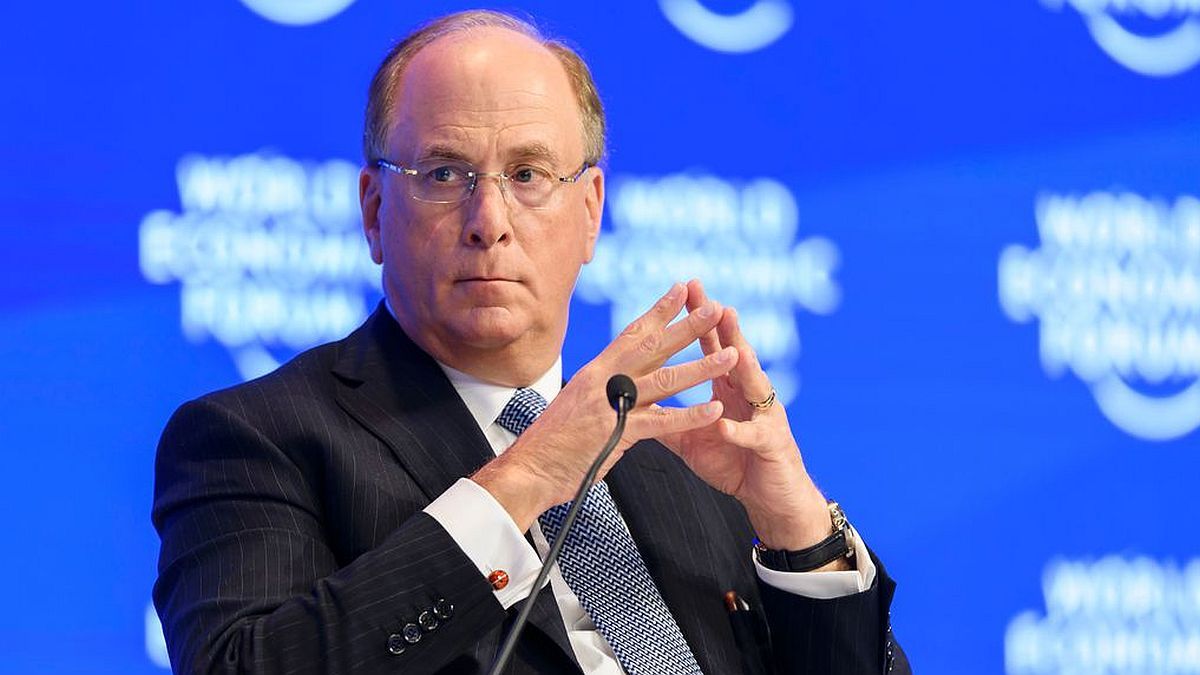In terms of fiscal policy, “Trump implemented significant tax cuts for both individuals and corporations, combined with an increase in public spending,” says CEPEC, “especially in infrastructure and defense“These measures had been designed to stimulate economic growth in the short term, but they also raised concerns about the increase in the fiscal deficit and public debt, given the considerable government spending incurred.
Regarding the energy sectorDonald Trump has expressed strong support for the fossil fuel industry, promoting environmental deregulation and facilitating the expansion of oil, gas and coal extraction during his previous administration.This stance sought to revitalize traditional energy industries, generating employment and growth in these areas, although it often came into conflict with international policies and commitments on climate change.
These key economic policies reflect The strategy that the Republican maintained during his presidency: he prioritized immediate economic growth and the strengthening of strategic sectors through deregulation and protectionism, although often at the cost of increased trade tensions and concerns about fiscal and environmental sustainability. “We believe, based on the above, that in the event of a victory, the general guidelines will be similar,” the analysis concludes.
The Republican and the possible effects on Wall Street
- Volatility: protectionist policies and trade tensions could increase volatility in the market. Industrial and energy sectors could benefit initially, while technology and export companies could face challenges.
- Benefited papers: Shares of companies in the energy and defense sectors could see a rise, while export-dependent industries could suffer.
- Investor Confidence: Market confidence could fluctuate depending on the perception of stability and international trade relations.
Therefore, Sectors that could initially benefit from a second term for Donald Trump include industry in general and the energy sector in particular. The energy industry would benefit from deregulation and tightening sanctions on countries such as Iran, which could benefit funds such as the SPDR S&P US Energy Select Sector UCITS ($SXLE). These measures allow energy companies to increase their production and reduce regulatory costs, boosting their growth and profitability.
Source CEPEC.png
Trump vs. (now) Harris, according to CEPEC.
On the other hand, the industrial sector could gain from re-shoring policies that encourage supply chains to return to the US and away from China, and an increase in defense spending. This would provide a boost to local manufacturing and infrastructure, benefiting funds such as the SPDR S&P US Industrials Select Sector UCITS ($SXLI).
In addition, the increase in the military budget could translate into more contracts and projects for defense companies, boosting the industrial sector in general ($ITA). It is worth mentioning the real estatean industry that is also considered to be one that could benefit from Donald Trump.
Impact of a Kamala Harris victory
However, if the Democratic nomination is confirmed, Kamala Harris’s proposed economic policies would be more focused on wealth redistribution, strengthening social programs and investing in key sectors such as education, health and renewable energy.
One of Kamala Harris’s main initiatives is an eventual increase in taxes on the wealthiest individuals and corporations, with the aim to fund social programs that address economic inequalityThis policy seeks to reduce the gap between different socioeconomic groups and ensure more equitable access to economic resources and opportunities.
In the area of health, the current vice president advocates for the expansion of the public health system, seeking to reduce drug costs and improve access to quality health services for all citizens. This sector could experience significant growth due to support for its expansion and the reduction of drug costs. These policies would not only increase access to health services, but would also create jobs in the health and pharmaceutical industries, boosting the demand for medical and technological personnel in this field.
Kamala Harris

One of Kamala Harris’s main proposals is to increase taxes on the wealthiest individuals and corporations.
Reuters
Regarding education, the Democratic candidate proposes increase investment in public education and address the student debt crisis. By improving access to quality education and reducing the burden of student debt, it is expected that more individuals will be able to actively participate in the economy, contributing to more sustainable and equitable economic growth.
In addition, Kamala Harris places a strong emphasis on the investment in renewable energy and the implementation of strict environmental policies. By supporting the transition to clean energy sources, it seeks not only to mitigate the impact of climate change, but also to boost the growth of the clean technology industry and create jobs in this emerging sector.
These key economic policies of Kamala Harris reflect a focus on long-term sustainable growth, with a strong emphasis on social equity and environmental responsibility. They seek to restructure the economy to be more inclusive and resilient, while promoting a transition to a greener and more just future.
The Democrat and the possible effects on Wall Street
- Long-term stabilityKamala Harris’ policies could offer greater economic stability in the long term, although higher taxes could initially raise concerns in some sectors of the market.
- Sector benefited: Renewable energy, clean technology, healthcare, and education companies could receive a significant boost due to favorable policies and increased demand.
- Investor Confidence: Greater predictability in economic policy could improve investor confidence, reducing long-term volatility.
Under a Kamala Harris administration, Sectors that could see significant benefits are those related to renewable energy, health and education.The renewable energy industry could get a major boost due to Harris’ emphasis on combating climate change and promoting clean energy sources. This would benefit funds like the iShares Global Clean Energy ETF ($ICLN), as there would be an increase in investment and development of technologies like solar and wind, creating new business and employment opportunities in the sector.
The healthcare sector could also see growth thanks to proposals to expand the public healthcare system and reduce drug costs. This approach would increase access to healthcare services, benefiting companies such as CVS Health Corp ($CVS) and UnitedHealth Group ($UNH), which are well positioned to take advantage of increased demand for medical and pharmaceutical services. Expanding access to healthcare services could also
Which sectors to bet on
Fueling increased demand for medical technologies would benefit companies like Medtronic ($MDT) and Abbott Laboratories ($ABT).
Education policies could also spur demand for infrastructure, learning resources and related services. Companies such as Pearson ($PSO) and Chegg (CHGG), which specialize in educational resources and learning technology, could benefit.
The CEPEC report says that with the Democrats, another sector to take into account is mass consumption, where the most important and recognized companies in the world play, but also the ETF $XLP.
A Donald Trump victory, meanwhile, could lead to rapid economic growth in the short term, but with risks of inflation, rising debt and market volatility due to protectionist policies and deregulation. The stock market could benefit in sectors such as energy and defense, while the Fed would face pressure to keep rates low.
On the other hand, a Kamala Harris victory could offer stability and sustainable growth in the long term, with a focus on reducing inequalities and investing in strategic sectors such as renewable energy and education. The Fed could operate with greater independence and allow for a more balanced adjustment of interest rates, which could benefit the bond market in the long term.
Source: Ambito
I am a 24-year-old writer and journalist who has been working in the news industry for the past two years. I write primarily about market news, so if you’re looking for insights into what’s going on in the stock market or economic indicators, you’ve come to the right place. I also dabble in writing articles on lifestyle trends and pop culture news.




